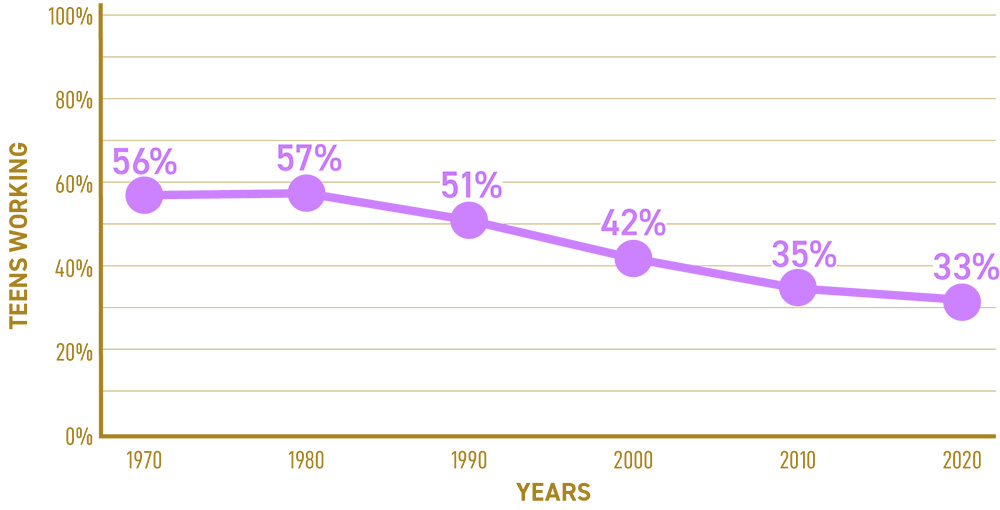The urge to make a difference often extends beyond personal success into a desire to impact the world positively. One effective way to channel this desire is through a family foundation. This approach supports causes that resonate with you and establishes a charitable legacy for future generations.
WHAT IS A FAMILY FOUNDATION?
A family foundation is a nonprofit organization, typically funded by a single family, that seeks to enhance a social purpose. Families use their resources to support various charitable initiatives, ranging from education and healthcare to environmental conservation and the arts.
BENEFITS
Flexibility in Giving: A family foundation allows you to decide which causes to support and how funds are allocated. Unlike other forms of charitable giving, which may have stringent guidelines, family foundations allow you to create a personalized giving strategy aligned with your family’s values.
Tax Advantages: Contributions made to the foundation may be tax-deductible, potentially allowing you to lower your income tax while simultaneously fulfilling your philanthropic goals.
Family Bonding: Running a family foundation can be a unique opportunity to engage family members in philanthropic activities. It encourages discussions around important issues and helps instill a sense of social responsibility in younger generations.
Long-term Impact: Unlike one-time donations, a foundation can continue to grant funds over many years, creating a lasting influence in the areas where it operates.
CHALLENGES
While there are substantial benefits, starting a family foundation also presents challenges. Administrative responsibilities include complying with Internal Revenue Service regulations, maintaining proper records, and filing annual returns. Additionally, you may need to ensure that your family remains engaged and aligned with your philanthropic mission; otherwise, decision-making can become complicated. Professional guidance is essential.
IS A FAMILY FOUNDATION RIGHT FOR YOU?
Deciding whether to establish a family foundation is a significant decision that requires careful consideration. Assessing your financial capabilities, community engagement, and philanthropic goals is important. Engaging with financial professionals or philanthropic consultants can further refine your strategy and help you navigate the complexities.







